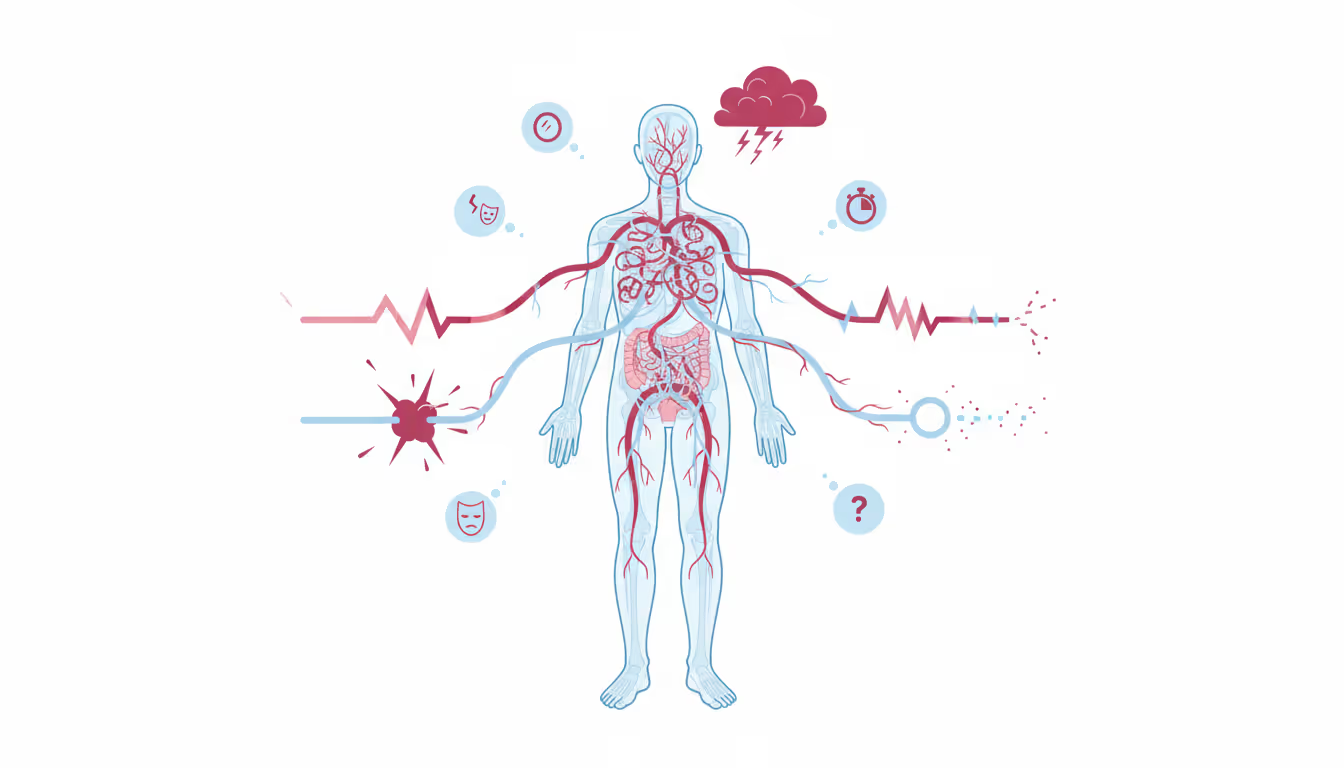
BPD, short for Borderline Personality Disorder, is a significant mental health condition marked by chronic instability in emotions, relationships, self-image, and behavior. This instability can severely impact family dynamics, work environments, long-term goals, and the individual's sense of identity. Initially believed to sit on the "borderline" of other mental disorders, those with borderline personality disorder struggle with emotion regulation issues. Though less recognized than depression or bipolar disorder, BPD is relatively common, affecting approximately 2% of adults, primarily young women. The disorder often involves high rates of self-harm without suicidal intent and a notable risk of suicide attempts and completed suicides in severe cases. Individuals with BPD frequently require substantial mental health care and make up about 20% of psychiatric hospital admissions.Unlike depression or bipolar disorder, where mood states can persist for weeks, individuals with BPD may experience intense episodes of anger, depression, and anxiety that last only a few hours or a day. These episodes can be accompanied by impulsive actions such as aggressive behavior, self-injury, and substance abuse. Distorted thoughts and a confused self-concept can cause frequent shifts in long-term objectives, career goals, employment, friendships, gender identity, and personal values. Those with BPD might see themselves as inherently flawed or unworthy and often feel misunderstood or mistreated. They may experience boredom and emptiness and struggle with a sense of identity. These symptoms are particularly severe when individuals feel isolated or lack social support, leading to desperate attempts to avoid solitude.People with BPD frequently have tumultuous social relationships. They can form intense but volatile attachments, with their feelings towards family, friends, and partners rapidly changing from idealization to devaluation. For instance, they might develop a strong attachment and idolize someone, but a minor conflict or separation can cause them to suddenly switch to anger and accusations of neglect. Even with family, individuals with BPD are extremely sensitive to perceived rejection, reacting strongly to minor separations like a vacation or change in plans. These abandonment fears are linked to difficulties in maintaining emotional connections when key individuals are absent, leaving those with BPD feeling lost or worthless. Suicide threats and attempts may coincide with feelings of anger over perceived abandonment and disappointments.Additionally, individuals with BPD may engage in impulsive behaviors, including excessive spending, binge eating, and risky sexual activities. BPD often coexists with other psychiatric conditions such as bipolar disorder, depression, anxiety disorders, and other personality disorders. Both group and individual psychotherapy can be somewhat effective for those with BPD. Dialectical behavior therapy (DBT), developed by Marsha Linehan specifically for treating BPD, shows promise. Medications are often prescribed based on the specific symptoms exhibited by the individual. Antidepressants and mood stabilizers may be beneficial for those experiencing depression or mood swings, and antipsychotic medications might be used to address cognitive distortions.




